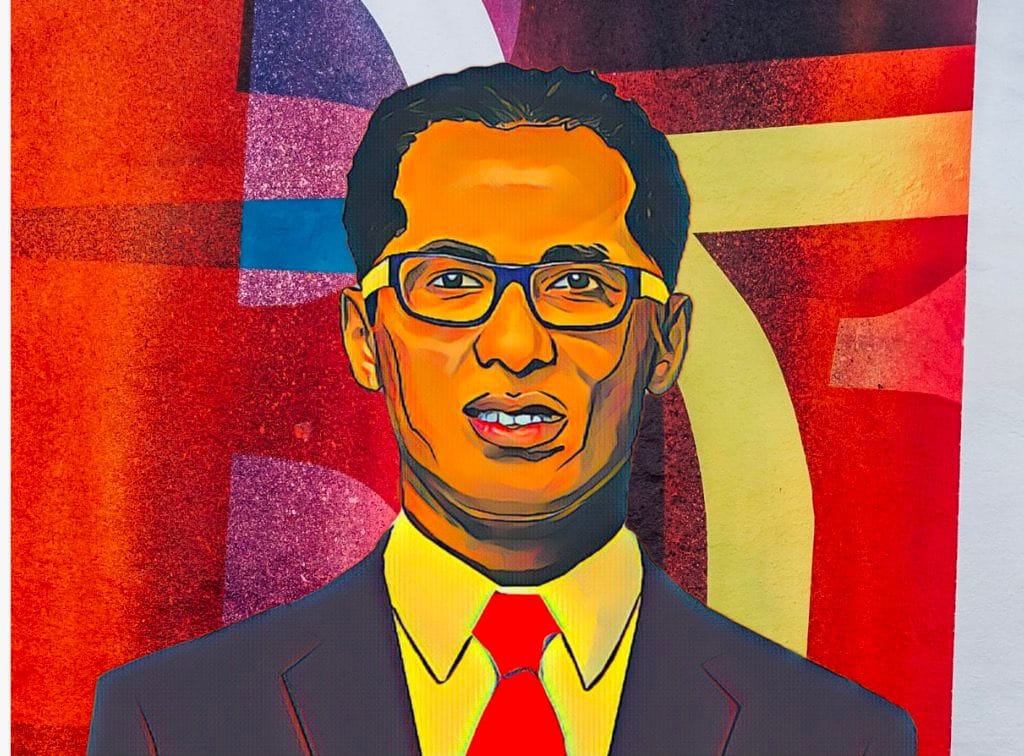Tanzanian billionaire Mohammed Dewji to take on Pepsi, Coca-Cola, other world leading brands

Tanzanian billionaire Mohammed Dewji has disclosed that several beverage and consumer goods produced by the operating units of MeTL Group are poised to challenge some of the world’s leading brands such as Unilever, Proctor & Gamble, as well as giants like Pepsi and Coca-Cola.
In an insightful interview with CNN’s Connecting Africa anchor Eleni Giokos, Dewji, the wealthiest individual in not just Tanzania but all of East Africa, shared his valuable business insights and strategies to tackle the biggest threat facing Africa — food insecurity.
As the CEO of MeTL Group, one of East Africa’s largest conglomerates, Dewji discussed the remarkable success of the group’s top-selling product, Mo Extra, a carbonated soft drink that sold over a billion bottles in 2022.
The Tanzanian billionaire confidently expressed his readiness to challenge major beverage companies and solidify his position as a dominant player in the industry.
“I am setting up factories everywhere where Pepsi and Coca-Cola are, and I am hoping that the 1 billion bottles can reach 3 to 4 billion bottles in the next 24 to 36 months,” he said.
Dewji, the visionary behind the MeTL Group – a Tanzanian conglomerate encompassing a diverse range of over 150 products including flour, beverages, carpets, edible oils, and matchsticks – has transformed his youthful entrepreneurial spirit into a multi-billion-dollar empire spanning several African nations such as Tanzania, Kenya, and Mozambique.
With a steadfast commitment to tackling Africa’s most pressing issue, food insecurity, Dewji has announced a $200 million investment from a $1-billion fund to drive growth in the agriculture and grain production sectors, along with the development of edible products.
Building on his prior declaration, the visionary entrepreneur aims to capitalize on the current market trend by establishing an agriculture company in either New York or London by 2023, using a cutting-edge $4-billion blank check strategy that is supported by the world’s leading development banks.
With the increasing demand for food and the ongoing challenges in the global food supply chain, this move promises to bring innovative solutions to address the escalating costs of essential commodities, including grains, edible oils, and fertilizers, that have become increasingly expensive for consumers.